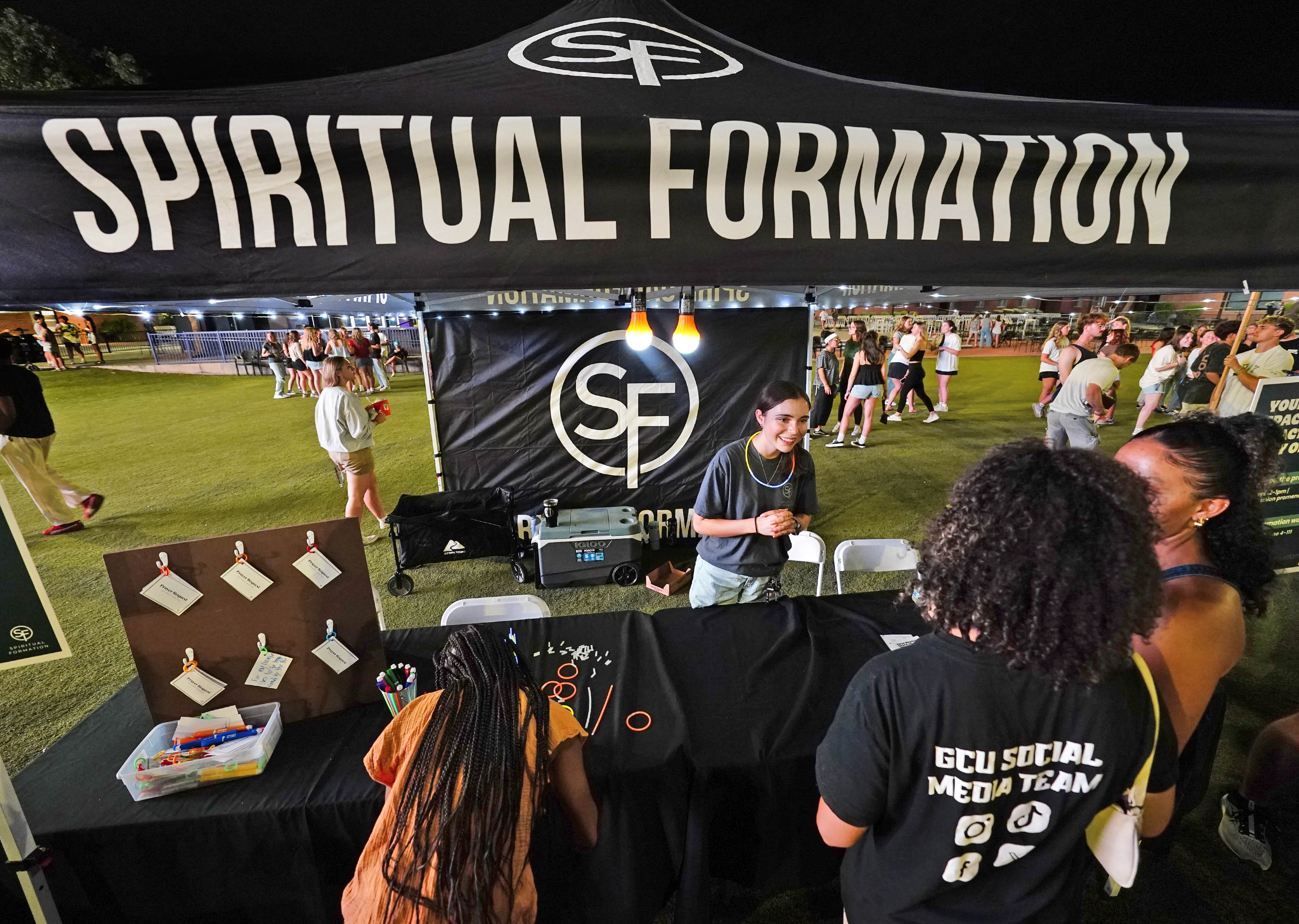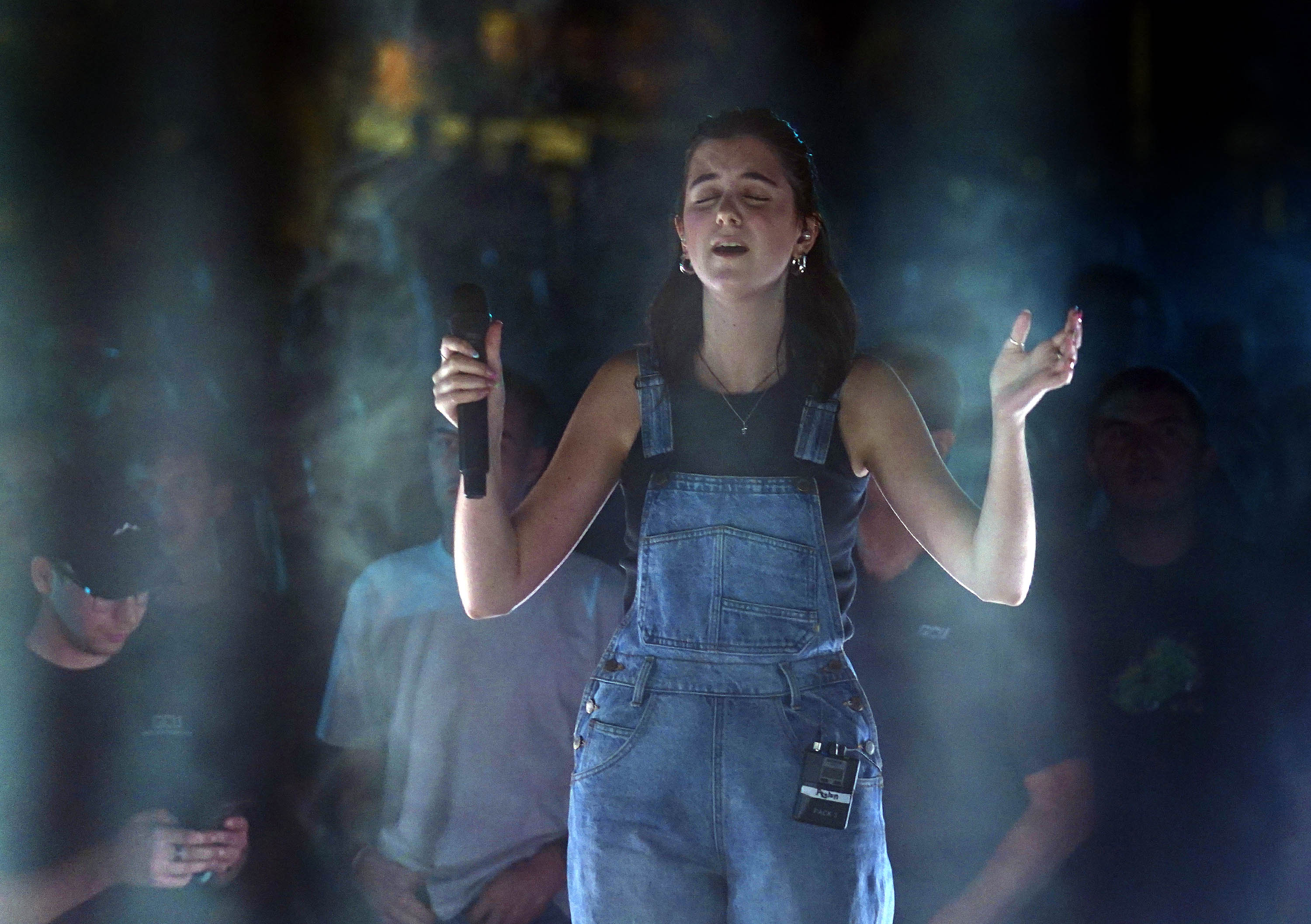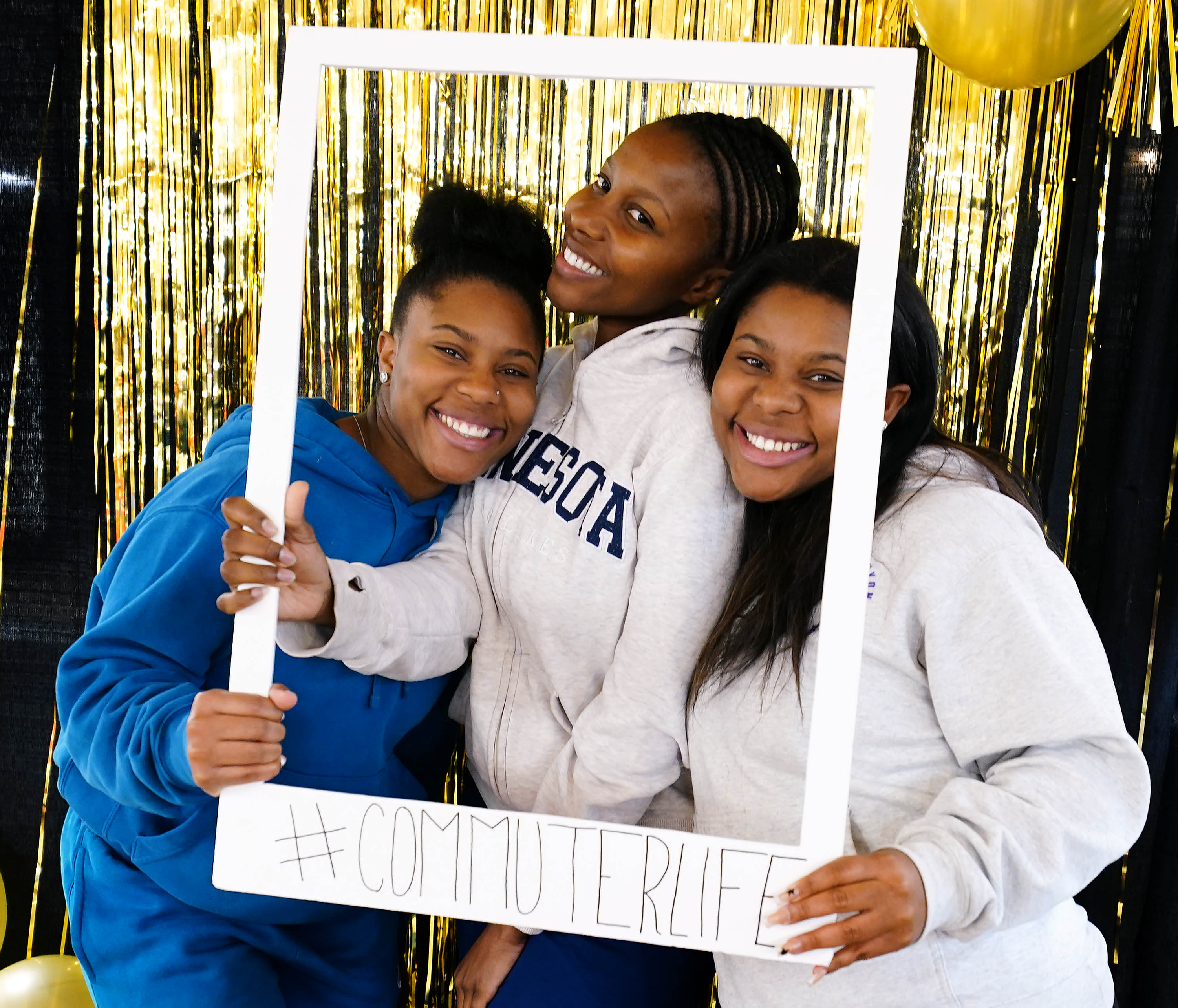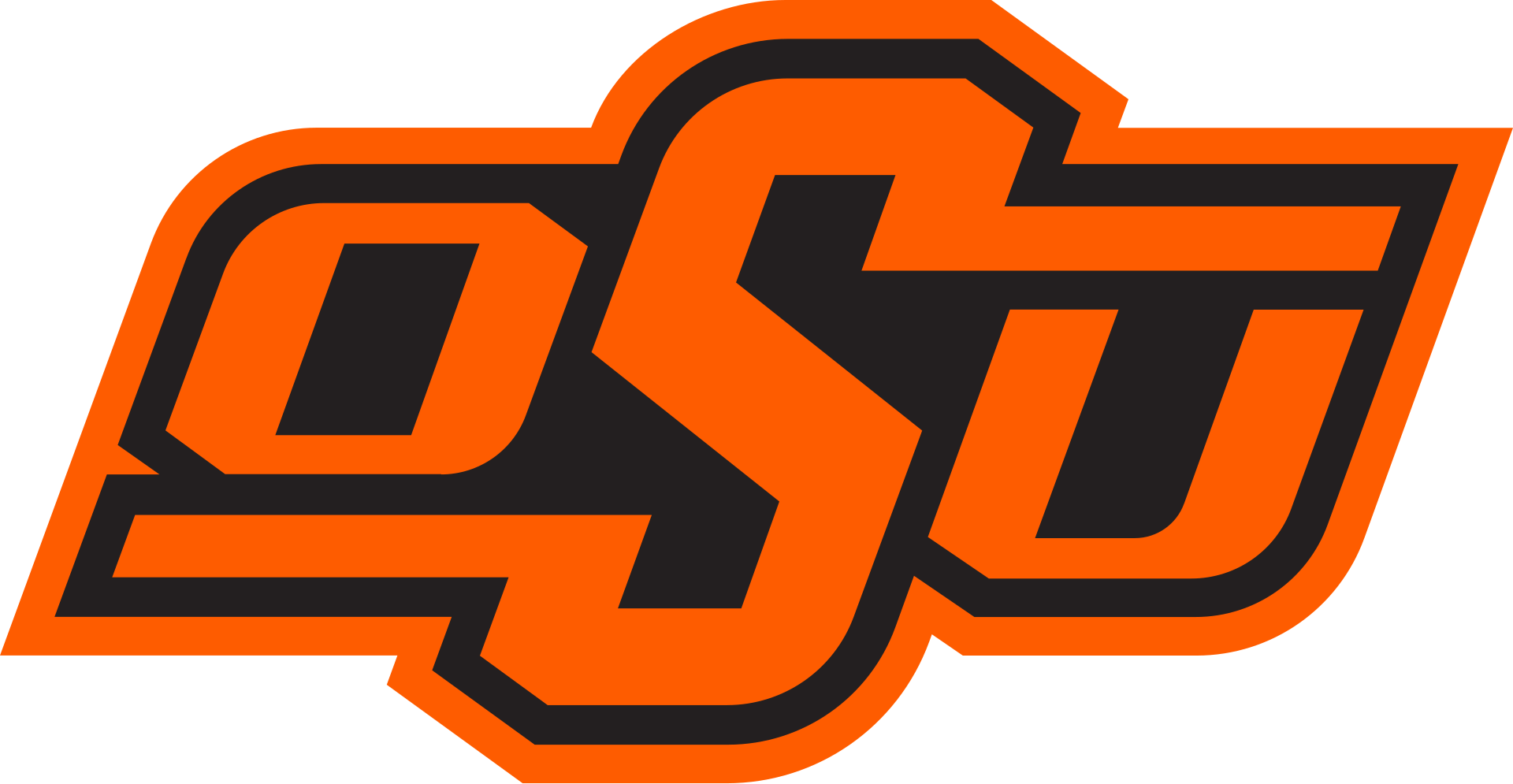
By Connie Colbert
Director, Canyon Health and Wellness Clinic
Do you have an unusual amount of daytime sleepiness? Do you feel like you are going to fall asleep at work? Take this short questionnaire to see if it may be a problem. The higher the score, the greater chance that you have a sleep disorder or an underlying medical problem.
The test is called Epworth Sleepiness Scale or ESS test. It was developed in 1990 by Australian doctor Murray Johns and named after the Epworth Sleep Center he established in 1988.
You can download the ESS questionnaire from the America Sleep Apnea Association. Once you fill the questionnaire out, see what score you obtain. The interpretation is below:
- 0 to 10 = normal range of sleepiness in healthy adults
- 11 to 14 = mild sleepiness
- 15 to 17 = moderate sleepiness
- 18 to 24 = severe sleepiness
What does a high score mean? If you score 11 or higher, it could represent excessive daytime sleepiness and you may need to see a sleep specialist. Consult with a medical provider to obtain a thorough exam and referral.
This is a diagnostic tool and is used solely to screen individuals. It is not a diagnosis. It can, however, indicate a problem a health care provider can diagnose.
The following are some conditions that can cause excessive daytime sleepiness:
- Hypersomnia: excessive daytime sleepiness, even after a long night of sleep
- Sleep Apnea: a condition in which you stop breathing involuntarily for brief periods during sleep
- Narcolepsy: a neurological disorder that causes sleep attacks in which a person can fall into and wake from REM sleep at any time of day during any activity
Excessive daytime sleepiness also can be caused by:
- Mental health conditions, such as depression
- Certain medications, including antihistamines, antidepressants and certain drugs that control your heart
- Drug and alcohol use
- Chronic insomnia
If you have scored high on this questionnaire or feel you may have a sleep disorder, contact your health care provider for an evaluation and treatment.















